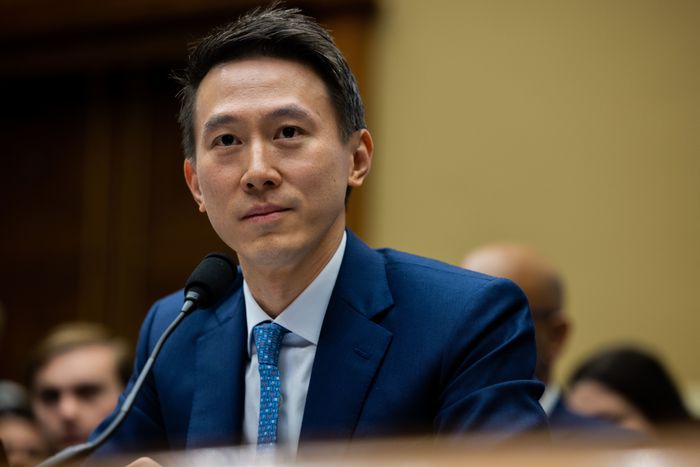Elon Musk’s energy and drive have now made him a key adviser to incoming President Donald Trump—an achievement he has taken on as a “side project” while continuing to helm companies like Tesla and SpaceX. While influencing the future direction of the United States might seem like a full-time endeavor to most, for Musk, it’s a testament to his vision and versatility.
Musk represents a distinctive and unexpected addition to Trump’s coalition. A decade ago, the idea of the world’s most innovative and wealthy entrepreneur advising a Republican president-elect intent on cutting trillions from the federal budget and sparking economic transformation might have seemed like a scene from a Paul Ryan playbook. Ryan, the former Speaker of the House, championed entrepreneurship, economic dynamism, and lean government.
But Trump’s rise as a populist seemed to render Ryan’s business-first, free-market ideology outdated within the GOP. Now, however, Musk has brought a version of that worldview back to the forefront—though with his own unique flair. Musk has an unorthodox and bold persona, resembling a Silicon Valley iteration of Trump himself.
He has become radicalized on key issues like immigration, taking a hard stance against what he terms Joe Biden’s “open border” policies. He has also become a cultural warrior, vowing to destroy the so-called “woke mind virus.” These stances, coupled with his acquisition of Twitter, have made Musk a populist hero on the right.
Musk’s opposition to the left is mutual. Biden’s SEC has clashed with him repeatedly, recently seeking to sanction him over the way he acquired Twitter. Musk’s unapologetic challenge to the left’s dominance in Silicon Valley has made him a target but also a symbol of resistance for many conservatives.
Within Trump’s complex worldview, Musk fills a crucial role. Trump embodies seemingly contradictory personas: he’s a protectionist warning of foreign exploitation, a champion of boundless American possibility, a working-class advocate, and a stock market enthusiast. Trump speaks of “American carnage” but also promises an American golden age. Musk’s presence in Trump’s inner circle balances the inward-looking tendencies of populism with a bold vision for the future.
Musk’s advocacy for cutting-edge technology—whether through space exploration, advanced automotive engineering, robotics, or infrastructure—positions him as the face of innovation ripped straight from mid-20th century sci-fi novels. He challenges the notion that Silicon Valley must be synonymous with leftist ideology, proving that tech entrepreneurs can champion free-market innovation without bowing to progressive orthodoxy.
Thanks to Musk, Republican attitudes toward Big Tech are evolving. Once dominated by skepticism, there is now admiration for the potential of tech when aligned with conservative values. Meanwhile, it’s now Democrats who lead calls to repeal Section 230 or regulate tech companies.
Musk’s Dogecoin-inspired advocacy for budget cuts also brings a renewed focus on government efficiency. The goal of slashing $2 trillion may be overly ambitious, but any serious savings would represent a major victory.
Whether Musk can drive significant government reform remains to be seen—sending a man to Mars might seem easier than overhauling federal bureaucracy. But Musk’s relentless optimism and “can-do” spirit are a healthy addition to Trump’s populist mix, injecting an audacious vision of the future into the political discourse.
 Telegram is where we really talk. Don't miss out!
Telegram is where we really talk. Don't miss out!









